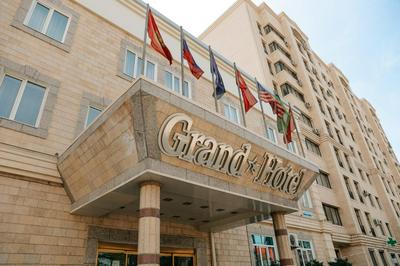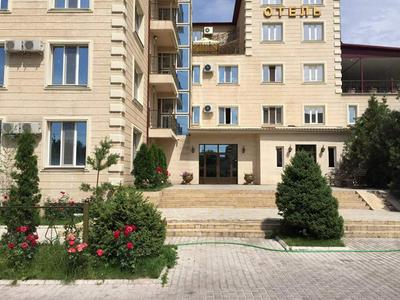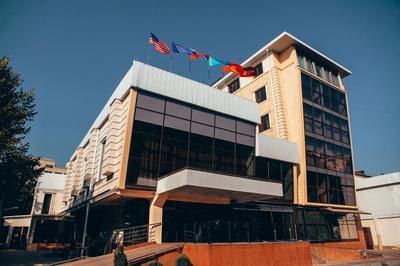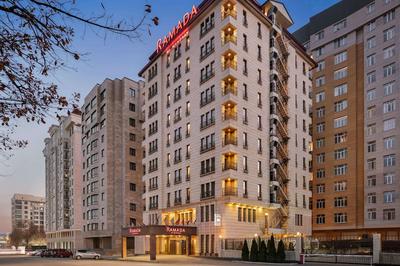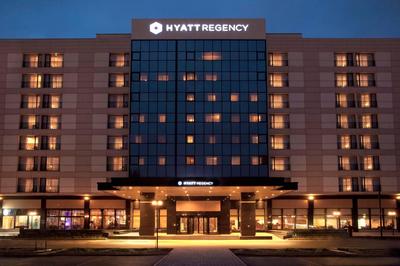When to visit Kyrgyzstan during the year?
Kyrgyzstan offers a varied climate that attracts visitors year-round. The best time to visit is from June to September for those looking to explore the stunning landscapes and engage in outdoor activities. Summer is perfect for trekking in the Tien Shan mountains and enjoying the picturesque views of Issyk-Kul Lake, which sees a visitor peak during this period. In winter, particularly from December to March, Kyrgyzstan transforms into a wonderland for ski enthusiasts, with resorts like Karakol drawing visitors for snow sports. Spring (April to June) showcases blooming valleys, ideal for nature lovers, while autumn (September to November) brings vibrant foliage and pleasant hiking conditions. Especially popular are Ala Archa and Song Kul during these seasons.
How to get to Kyrgyzstan?
Getting to Kyrgyzstan is relatively straightforward, with several transport options available. Bishkek, the capital, is the main hub for international arrivals, providing access by plane, bus, or car. Adventure awaits as you travel through beautiful landscapes to reach various destinations in the country.
- Main airport: Manas International Airport in Bishkek.
- Major international routes include flights from Istanbul (Europe), Moscow (Europe), Dubai (Asia), New Delhi (Asia), Beijing (Asia), and Tashkent (Asia).
- Low-cost airlines such as Pegasus Airlines and AirAsia may offer competitive fares.
- Flight times vary depending on the departure point but can range from 3 to 12 hours from major global cities.
- Main bus station: Western Bus Station in Bishkek.
- Bishkek connects to cities like Osh, Almaty (Kazakhstan), and Dushanbe (Tajikistan).
- International train routes are limited; however, there are regular services to and from Kazakhstan.
- The duration between Bishkek and Almaty is around 6 hours.
- Main highways: A365 and A1 connect major cities.
- Bishkek to Tashkent is approximately 4 hours by car; from Almaty, around 5 hours.
- Road conditions vary; most routes are paved but can be narrow or winding.
Tourist activities in Kyrgyzstan
Kyrgyzstan is a treasure trove of adventure activities and cultural experiences. Nature lovers flock to the country's stunning mountains, such as the Tien Shan and the Pamirs, for activities like hiking, horseback riding, and mountain biking. Popular trekking routes include the Ala-Kul trek, offering breathtaking views of glacial lakes. For those interested in cultural activities, visiting ancient Silk Road cities like Osh and exploring the UNESCO-listed Tomb of the Samanids are must-dos. Lake Issyk-Kul, the world’s second-largest alpine lake, is perfect for summer relaxation, beach sports, and water activities like jet skiing.
In winter, skiing and snowboarding at resorts like Karakol and Jyrgalan attract both novice and experienced athletes. The country's rich tradition of yurt living provides a unique opportunity to experience nomadic culture, especially during summer yurt camps at Song Kul Lake. Lastly, don't miss the vibrant local markets, where you can indulge in traditional handicrafts and culinary delights.
Accommodation in Kyrgyzstan
Kyrgyzstan offers a variety of accommodation options to suit different preferences and budgets. In major cities like Bishkek and Osh, you'll find hotels ranging from luxury options to more affordable hostels. The average price for a mid-range hotel in Bishkek is around $50 to $100 per night, while hostels can be as low as $10. In rural areas, staying in a guesthouse or a yurt adds a unique cultural experience, especially if you opt for yurt camps by lakes like Song Kul or Issyk-Kul. These can vary in price from $20 to $80 per night, depending on amenities. Seasonal variations are significant: during peak tourist season, especially in the summer for trekking or winter for skiing, it's essential to book accommodations in advance due to high demand.
Food in Kyrgyzstan
Kyrgyz cuisine is a delicious blend of Central Asian flavors, influenced by nomadic traditions. Expect hearty meals featuring lamb, beef, and dairy, with popular dishes like Plov (a rice pilaf with meat and vegetables), Beshbarmak (boiled meat served over pasta), and Laghman (noodles with meat and vegetables). Yogurt is a staple, often consumed fresh or dried. Typical drinks include Kumys (fermented horse milk) and intricate green teas. You can enjoy these dishes in local restaurants, which often provide an authentic dining experience for around $5 to $15 per meal. Markets and street vendors offer tastings of unique snacks and desserts that reflect the country's culinary heritage.
Important numbers and information
- Emergency Services: Police - 102, Ambulance - 103, Fire Brigade - 101
- Embassy Contacts: US Embassy in Bishkek - +996 312 551 241
- Airport Address: Manas International Airport, 58 Manas Ave, Bishkek, Kyrgyzstan
- Currency: Kyrgyzstani Som (KGS), Payment Methods: Cash, credit cards accepted in larger cities.
- Visa Requirements: Check visa requirements based on your nationality; many countries can enter visa-free for short stays.
What to see in Kyrgyzstan?
Kyrgyzstan is a land of stunning landscapes and rich culture, offering numerous attractions that showcase both natural beauty and history. Begin your journey in Bishkek, where you can explore Ala Tokuk Park and the State Historical Museum. Don't miss Issyk-Kul Lake, known for its azure waters and picturesque beaches, ideal for relaxation. The ancient city of Osh, with its bustling bazaars and the Sulaiman-Too mountain, is another highlight, rich in history and culture. For the adventurous, Ala Archa National Park is a must, offering breathtaking hiking trails amidst the Tien Shan mountains.
Song Kul Lake, a stunning alpine lake, is not only a beautiful picnic spot but also immerses you in the nomadic lifestyle. Lastly, the Tashkent region is home to the scenic Skazka Canyon, filled with unique rock formations, perfect for photography enthusiasts. Each of these locations showcases the diverse attractions that make Kyrgyzstan a unique destination.
History, geography and climate
Kyrgyzstan boasts a rich historical tapestry that dates back to ancient Silk Road trading routes. The land was once home to nomadic tribes and saw the influence of Persian culture during the 6th century. The Soviet era heavily impacted the country, leaving a mark on its architecture and educational system. Geographically, Kyrgyzstan is predominantly mountainous, with the Tien Shan range encircling the region, providing stunning landscapes and diverse ecosystems. The capital, Bishkek, lies in a valley surrounded by mountains.
The climate varies across regions, with warm summers (averaging 25-30°C) in the valleys and cold winters (averaging -5 to -15°C) at higher altitudes. Spring and autumn are mild, making them pleasant for outdoor activities. Understanding the geography and climate is essential for travelers planning their visits and activities throughout the year.
Population and culture
Kyrgyzstan has a population of approximately 6.5 million people, with ethnic Kyrgyz forming the majority alongside Uzbek and Russian communities. The official languages are Kyrgyz and Russian, reflecting the country’s diverse heritage. Islam plays a significant role in daily life, shaping cultural traditions and holidays; notable celebrations include Eid al-Fitr and Nooruz, the Persian New Year, celebrated in spring.
The culture boasts vibrant traditions, particularly in music and dance, with instruments like the komuz (a three-stringed instrument) featuring prominently. Unique crafts, such as felt-making and yurt building, showcase the artisanal skills passed down through generations. Kyrgyz national dress, characterized by colorful patterns and rich symbolism, is often worn during festivals, inviting visitors to immerse themselves in a culture rich in history and tradition.


